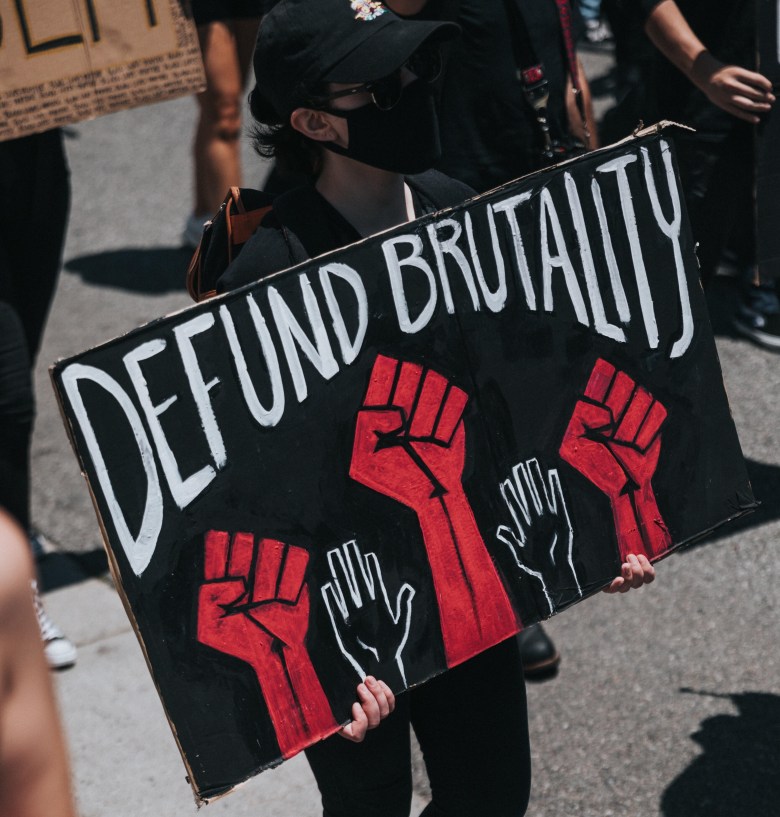In New York’s City Council, the Progressive Caucus wields enormous influence, with 35 members making it not only a significant block but a supermajority in itself within the 51-member Council, a significant increase from its inaugural 12 members in 2010. Or at least, it had 35 members up until last week, because a clash over a particular tenet in a new statement of principles ignited a clash that culminated in at least nine members departing, as first reported in the New York Post (with some evident glee).
Specifically, some members objected to a plank involving criminal justice, which stated that the caucus would work to “reduce the size and scope of the NYPD and the Department of Correction, and prioritize and fund alternative safety infrastructure that truly invests in our communities.”
Now, we’ve written plenty about the so-called defund movement, and particularly why it’s difficult to have a real conversation about it when many of the people trying to have that conversation have a tough time even agreeing on the facts of what the effort is trying to achieve. The concept of defund can range from full, unilateral defunding of police operational budgets — a position that is and has been relatively niche even in progressive circles — to the redirection of tasks away from police to other qualified personnel with no absolute funding cuts — a position that even some police departments, who feel overwhelmed with the volume of tasks they’re expected to handle, support.

In this case, many of the departing members have themselves supported reevaluations of police roles and funding, but they seem to draw the line at a relatively firm commitment to actively decrease NYPD and DOC head counts and direct funding. As Upper Manhattan Councilmember Shaun Abreu told Politico, “no one should let us get away with making the measure of our success whether we technically made the police budget smaller.”
For their part, the leaders of the caucus — co-chaired by Councilmembers Shahana Hanif and Lincoln Restler, and including Council speaker Adrienne Adams as a default member — expressed some shock and a certain degree of defiance at the defections, with vice chair Jennifer Gutiérrez telling Gothamist that members were given plenty of opportunity to intervene as the language of the pledge was being drafted, and claiming that some of the departures would make little difference: “There were members that are in the caucus that have still never shown up to meetings.”
This was echoed by Restler, who said that the smaller caucus would be “more effective,” and “ideologically cohesive,” implying that, if anything, the slimmed-down progressives could now pull out all the stops and pursue their goals more zealously. Let’s not forget that, even losing nine members, the caucus is still over half the council (though the inclusion of Adams muddies that a bit; in practical terms, it’s probably just under half). That gives them the ability to practically bring the body to a standstill, a powerful way to push policy.

What does this all mean for police reform and the council’s dynamics more generally? It’s too early to say definitively, but it could mean the era of an emboldened progressive political wing that feels increasingly able to break not only with the city’s moderate political leaders, but even some of the council’s liberals. They have the ready foil of Mayor Eric Adams, who openly despises them — yesterday, he said “those who consider themselves to be woke” are driving voters out of the Democratic Party — and with whom they have consistent clashes over issues including the sheltering of asylum seekers and cuts to the city’s municipal workforce.
Point being, this could be and mostly has been read as a diminishment of the council’s progressive front, or it could be read as its empowerment, throwing off any remaining shackles and getting on war footing against the mayor and his moderate allies. With budget negotiations heating up, that could mean the last week’s events will significantly shift the tone and path forward. The remaining Progressive Caucus has shed everyone it was going to shed with its police funding stance, and so now what’s to stop it from making that an absolute priority in the upcoming budget? That doesn’t mean they’ll win the stare-down, but it leaves them relishing the fight.










